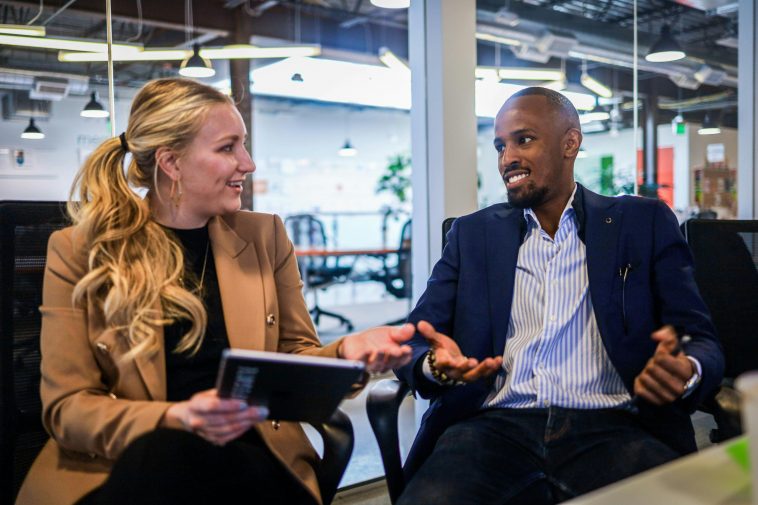Mercury Bank, a favored banking partner for African tech startups based in the US, has declared it will be shutting down accounts for users in 37 countries, which includes 13 African nations. Starting from August 22, 2024, startups from countries like Nigeria, South Africa, and Kenya will be unable to maintain or create new accounts with Mercury Bank. This development compels these startups to find other banking alternatives.
The decision was attributed to changes in account eligibility criteria. Specifically, Mercury will no longer support accounts for businesses with addresses in these 37 prohibited countries.
For startups, having a U.S. account while not physically located in the U.S. made it simpler to manage funds raised from U.S. VCs, pay international employees, and handle treasury operations in U.S. dollars. With the closure of Mercury accounts, affected startups are now compelled to find new banking solutions to maintain their operations.
This development does not come as a surprise to some, considering the increased regulatory scrutiny on U.S. fintechs and the wider banking industry following notable collapses like that of Silicon Valley Bank.
Africa is often considered a high-risk region by international financial institutions due to shortcomings in combating corruption, terrorist financing, and financial crimes. As a result, several countries, including Nigeria, have been placed on the Financial Action Task Force (FATF) grey list since 2023. Being on this list subjects these countries to increased scrutiny, which complicates account management for businesses within them. This has likely influenced Mercury’s decision to implement stringent account closures.
For many African startups that depend on US-based banking services for their international operations, the closure of Mercury accounts represents a substantial challenge. After the 2023 Silicon Valley Bank collapse, numerous startups opted for Mercury, only to face a similar situation now.
Countries also blacklisted include North Korea, Ukraine, Iran, Libya, and Russia.
As the startup community navigates these changes, the urgency to find reliable and accessible banking solutions is apparent. This situation highlights the necessity for robust, indigenous financial infrastructure in Africa to promote innovation and expansion.
 We just launched our WhatsApp channel. Want to get the latest news from the Tech in Africa?
We just launched our WhatsApp channel. Want to get the latest news from the Tech in Africa?



